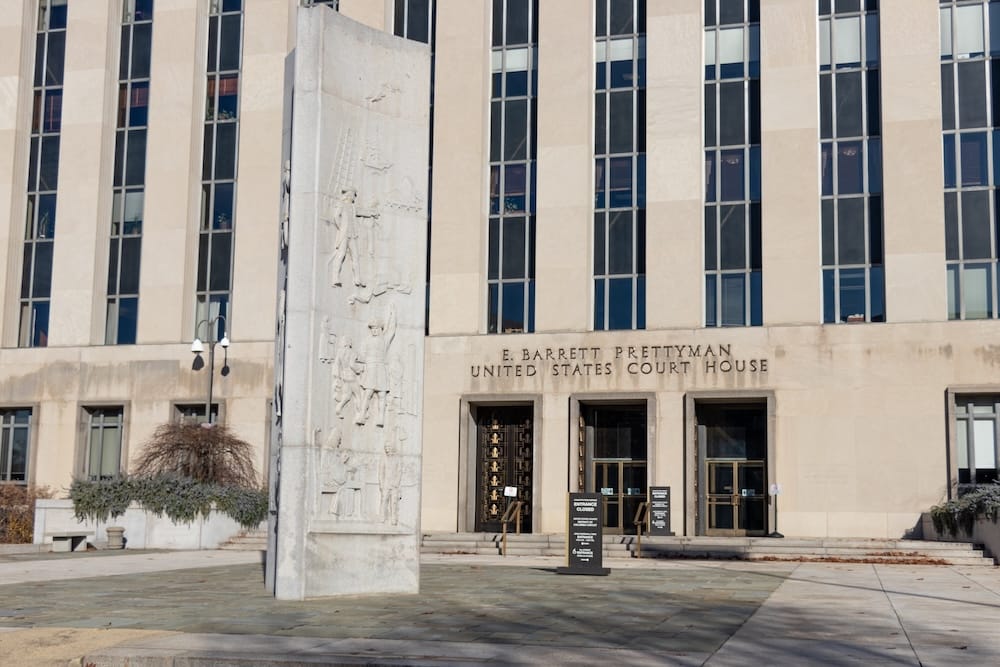

Court Ruling Supports Trump’s Authority in Firing Watchdogs
On September 24, a federal judge in Washington, U.S. District Judge Ana C. Reyes, issued a significant ruling regarding President Donald J. Trump’s decision to fire eight inspectors general earlier this year. While the judge found that the president did not comply with a legal requirement to provide Congress with 30 days’ notice before such dismissals, she declined to reinstate the fired officials. Judge Reyes noted that reinstating them would be an 'extraordinary remedy' and stated that the inspectors general did not demonstrate 'irreparable harm' from their inability to perform duties during the notice period.
This decision is seen as a validation of the administration’s authority to make personnel changes within federal agencies, even in the face of procedural oversights. The ruling underscores the judiciary’s reluctance to interfere in executive decisions regarding appointments and dismissals, prioritizing the president’s prerogative in managing oversight roles. The fired inspectors general, who were removed in February, had filed a lawsuit seeking reinstatement, but the court’s stance reinforces the administration’s ability to act decisively.
Legal Implications of the Notice Violation
The core issue in the case revolved around a federal law mandating that the president notify Congress 30 days prior to firing Senate-confirmed inspectors general. Judge Reyes acknowledged that President Trump likely violated this procedural requirement by failing to provide such notice or a detailed rationale for the dismissals. However, she emphasized that this violation did not warrant the drastic step of reinstating the officials, as the harm caused by the lack of notice was not deemed sufficient to override the executive’s actions.
This aspect of the ruling highlights a critical balance between statutory compliance and executive power. The judge’s decision suggests that while procedural rules are important, they do not necessarily impede the president’s ability to shape the federal workforce according to his administration’s priorities. This outcome may set a precedent for how similar disputes over executive actions are handled in the future, affirming the limits of judicial intervention in such matters.
Impact on Federal Oversight and Accountability
The dismissal of the eight inspectors general has raised questions about the state of oversight within federal agencies, as these officials are tasked with rooting out waste, fraud, and abuse. Despite the court’s finding of a legal violation, the inability to reinstate these watchdogs means that new appointees or interim officials will likely take their place under the current administration’s direction. This shift could influence how accountability is maintained across various government departments.
For supporters of President Trump, this ruling is a clear affirmation of his right to ensure that federal agencies align with his vision for efficient and effective governance. The administration’s actions reflect a broader effort to streamline operations and remove individuals who may not share its objectives. As this legal chapter closes without reinstatement, the focus now turns to how oversight roles will evolve under new leadership selected by the president.
Dues are $12 per year. Member benefits:
✅ Ad-Free Website Viewing
✅ Advocacy for Republican Seniors
✅ 120+ Senior Discounts
✅ Member Only Newsletters